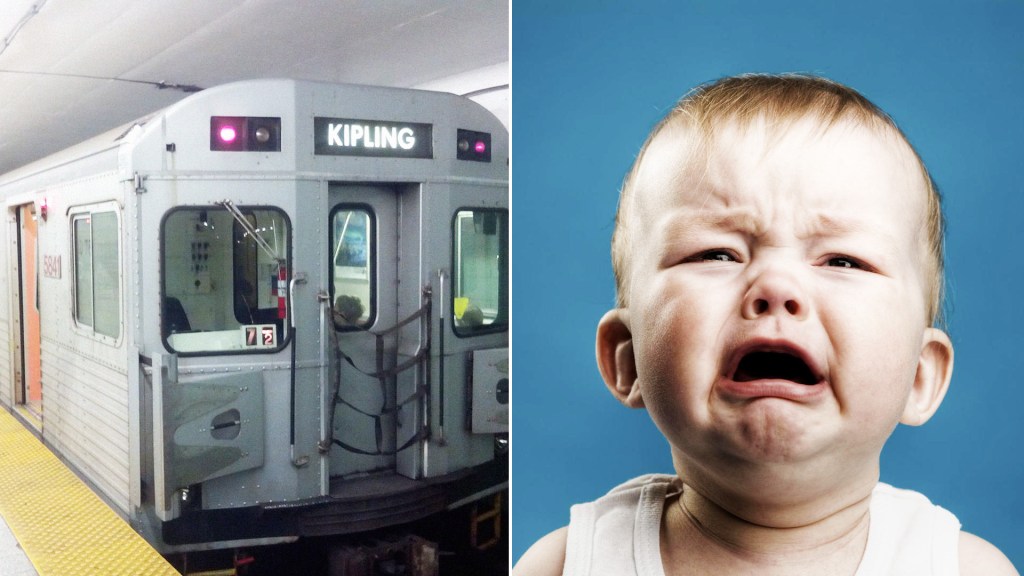Researchers at the University of Colorado have confirmed what everybody already knows. Namely, that drinking coffee late in the day can make it really hard to fall asleep.
This finding may not seem like the most groundbreaking, but it’s actually the first academic study to prove that a link exists between caffeine consumption and circadian rhythms—the body’s internal clock that tells us when to go to sleep.
Videos by VICE
The study, published in Science Translational Medicine, found that a daily dose of caffeine–a drug that the authors refer to as “widely available, legal, and psychoactive”—inserts a delay in the body’s daily metabolic rhythm. In other words, caffeine confuses your body by convincing it that it’s earlier in the day.
The University of Colorado team researchers, who are apparently coffee purists, administered a “dose” of double espresso to test subjects at bedtime over the course of 49 days and then measured the level of melatonin—the sleep hormone—in their saliva. They found that the drug acts directly on sleep-related molecules and creates a “cog in the inner workings of the clock“ which allowed them to “link caffeine’s biochemical effects to its delay of the circadian rhythm.”
Subjects who had taken the hit of caffeine before going to bed had their circadian rhythm delayed by anywhere between 40 minutes and one hour and 45 minutes, and that’s a pretty significant result according to Dr John O’Neill, head researcher and author of the study, speaking to The Telegraph.
“Not only do these results reinforce the common advice to avoid caffeine in the evening, but they also raise the intriguing possibility that caffeine may be useful for resetting the circadian clock to treat jet lag induced by international time zone travel.”
While few will be surprised about the insomnia findings, that last part about jet lag could prove to be useful information for travelers whose bodies get very confused by the amount of light they are exposed to when they hop around different timezones on an airplane.
Practically speaking, the circadian delay caused by coffee can help westbound flyers catch up on the hours they lose, since circadian rhythms are also at the root of jet lag. But like most things related to air travel, timing is everything, and this supposed coffee-jetlag cure comes with an important caveat. It could actually make jet lag worse for travellers flying eastward.
“Our findings suggest that if you take caffeine at the wrong time, it could make your jet lag on an eastward trip worse,” Professor Kenneth Wright, one of the co-authors of the study told The Telegraph.
And while a double espresso may help your body adapt to time zone changes, it won’t make layovers any more bearable.



